Iran says US must show ‘goodwill, serious action’ before returning to sanctions removal talks
Iranian Foreign Minister Hossein Amir-Abdollahian says the United States needs to show “goodwill and sincerity” and take a “serious” step before returning to talks on the removal of Washington’s sanctions against Tehran.
Alireza Salimi, a member of the Iranian Parliament’s Presiding Board, gave details of a closed-door meeting with Amir-Abdollahian on Sunday, Fars news agency reported. He quoted the foreign minister as saying that Iran’s policy is “action for action” while the country would not tie its plans to achieve sustainable economic development to the future talks on the sanctions removal.
Amir-Abdollahian reiterated that the Iranian negotiating team would conform to a parliamentary law on the lifting of sanctions and safeguarding national interests, the lawmaker said.
The Iranian foreign minister said the law is “very apprehensible” for other parties in the talks and sends special messages to them, Salimi added. He said Amir-Abdollahian also expressed gratitude to the Parliament for ratifying the bill, saying it has enhanced the power of the Iranian negotiators in the course of the talks.
After the closed-door session, lawmaker Ahmad Alirezabeigi told Fars news agency that Foreign Minister Amir-Abdollahian said "talks with the 4+1 Group will restart on Thursday in Brussels."
The United States, under former president Donald Trump, unilaterally withdrew from the 2015 nuclear agreement, officially known as the Joint Comprehensive Plan of Action (JCPOA), and reinstated crippling sanctions on the Islamic Republic, although the country had been fully compliant with the deal.
In December 2020, the Iranian Parliament passed a law – dubbed the Strategic Action Plan to Counter Sanctions – that prompted the Iranian administration to restrict the International Atomic Energy Agency (IAEA)’s inspections and accelerate the development of the country’s nuclear program beyond the limits set by the JCPOA.
In early April, Iran and the remaining parties to the JCPOA began to hold talks in the Austrian capital of Vienna after the US administration of President Joe Biden voiced willingness to rejoin the nuclear agreement and remove the sanctions his predecessor had imposed on the Islamic Republic.
Since the beginning of the Vienna talks, Tehran has argued that the US—as the first party that violated the JCPOA—needs to take the first step by returning to full compliance with the agreement.
In recent weeks, there has been mounting pressure on Tehran to return to the negotiating table. The administration of President Ebrahim Raeisi has announced on several occasions that it will resume the talks only to remove all of the United States’ sanctions and that it will not take part in negotiations for the sake of negotiations.
Elsewhere in his remarks, Salimi pointed to talks between the Iranian foreign minister and lawmakers on the latest developments in Afghanistan and said that Amir-Abdollahian has pledged to closely monitor the situation in the crisis-hit country, “but what is important for the Islamic Republic is the Afghan people and the Taliban’s behavior and their slogans will not be the base for Tehran’s decisions.”
The Taliban militant group retook control of Afghanistan on August 15, two decades after they were ousted from power as a result of a US-led military invasion of the country. Taliban’s seizure of power came in the wake of the chaotic withdrawal of US and foreign forces from Afghanistan. President Ashraf Ghani also fled the country.
On September 7, the Taliban announced the formation of a caretaker government in Afghanistan, where hunger and poverty have significantly increased during the past two months.
Salimi also pointed to the talks about Azerbaijan’s recent measures and said the top Iranian diplomat had warned Baku not to fall into traps set by the Israeli regime.
The lawmaker added that Amir-Abdollahian also urged Azerbaijan’s President Ilham Aliyev not to be deceived by terrorist groups or complicated US plots “because regional stability has a special significance for the Islamic Republic and Tehran would not allow any change in the geopolitical map of the region.”
Shahriar Heidari, a member of the Iranian Parliament’s Committee on National Security and Foreign Policy, told Tasnim news agency that today’s session was held to discuss the latest developments in the region, particularly in Iran’s common borders with its neighboring states.
He added that the lawmakers urged the Iranian Foreign Ministry to play an active role in regional issues and closely monitor them while making use of the neighbors’ capacities to improve stability and security in the region.
‘State-sanctioned murder’: Netizens rage against US murder of Minneapolis mother
Trump withdraws US from 66 international organizations
Israeli forces abduct four young Syrians after incursion into Syria's Quneitra
Trump says US will oversee Venezuela ‘for years’
Iran FM warns of Israel’s threats to region as he arrives in Lebanon for talks
VIDEO | France’s economic crisis
VIDEO | Press TV's news headlines
VIDEO | US's illegal assassination of Martyr Haj Qassem Soleimani


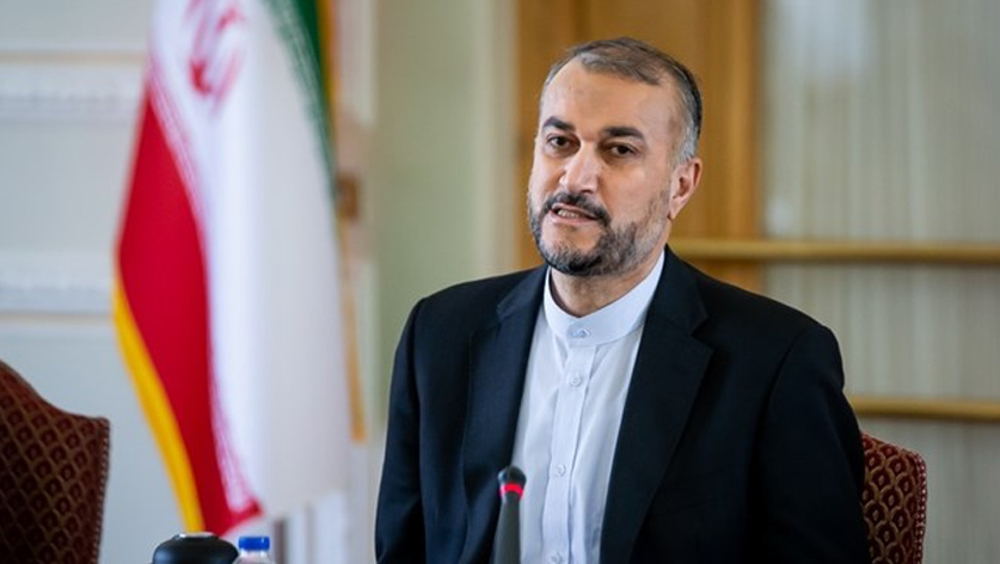
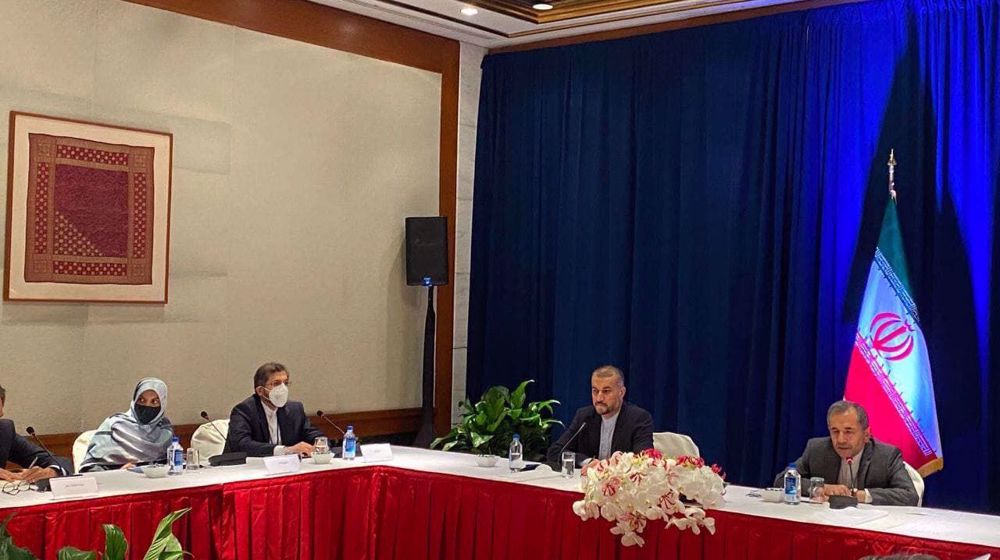
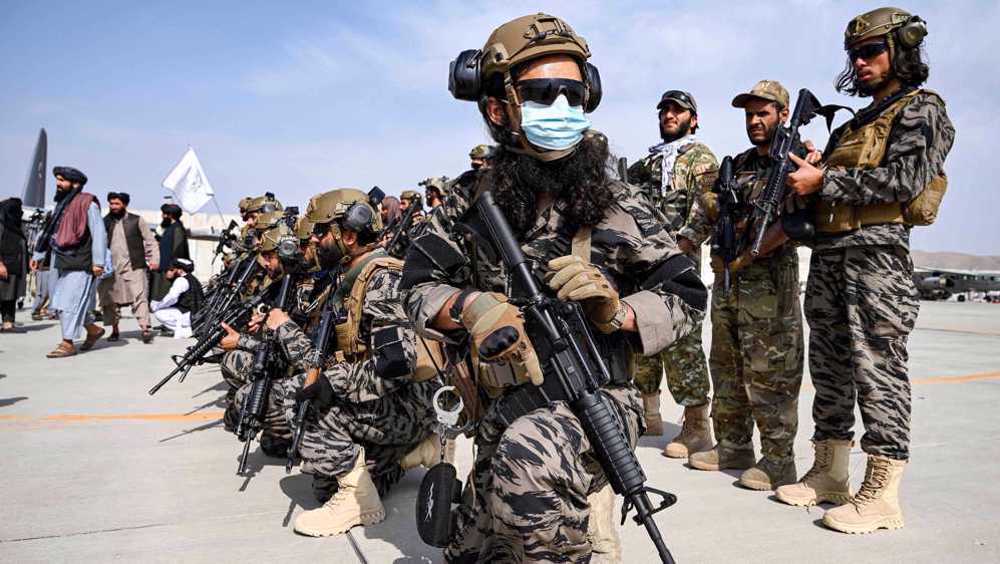
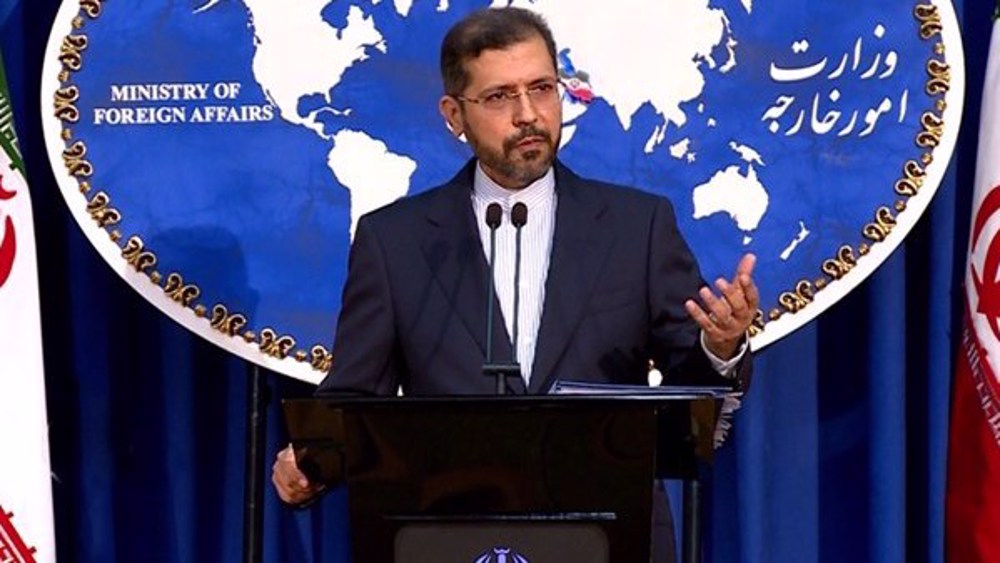

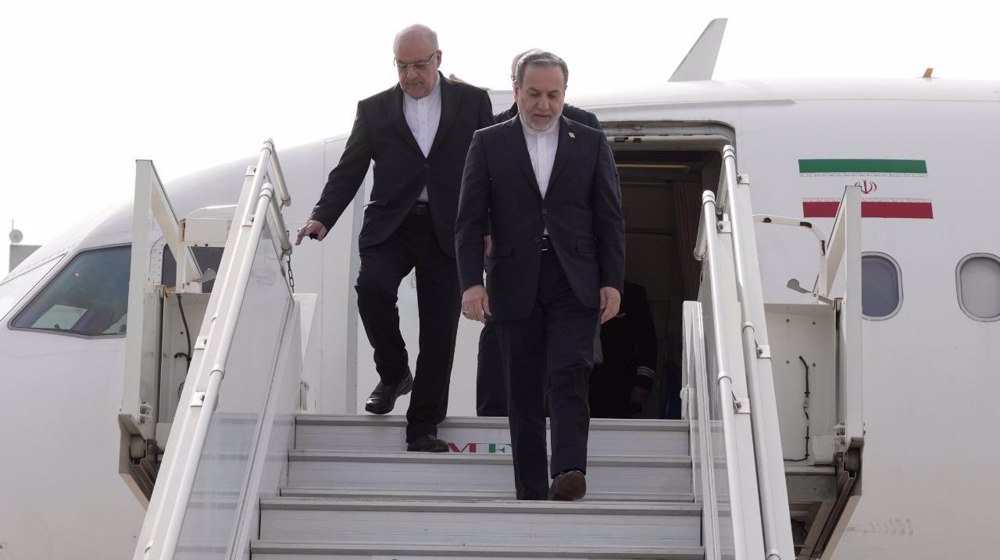
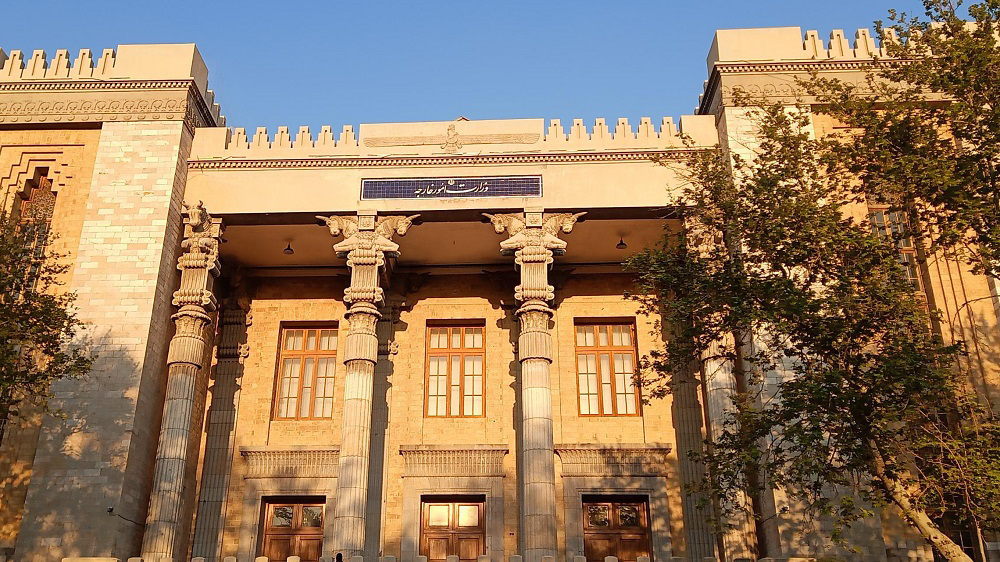




 This makes it easy to access the Press TV website
This makes it easy to access the Press TV website